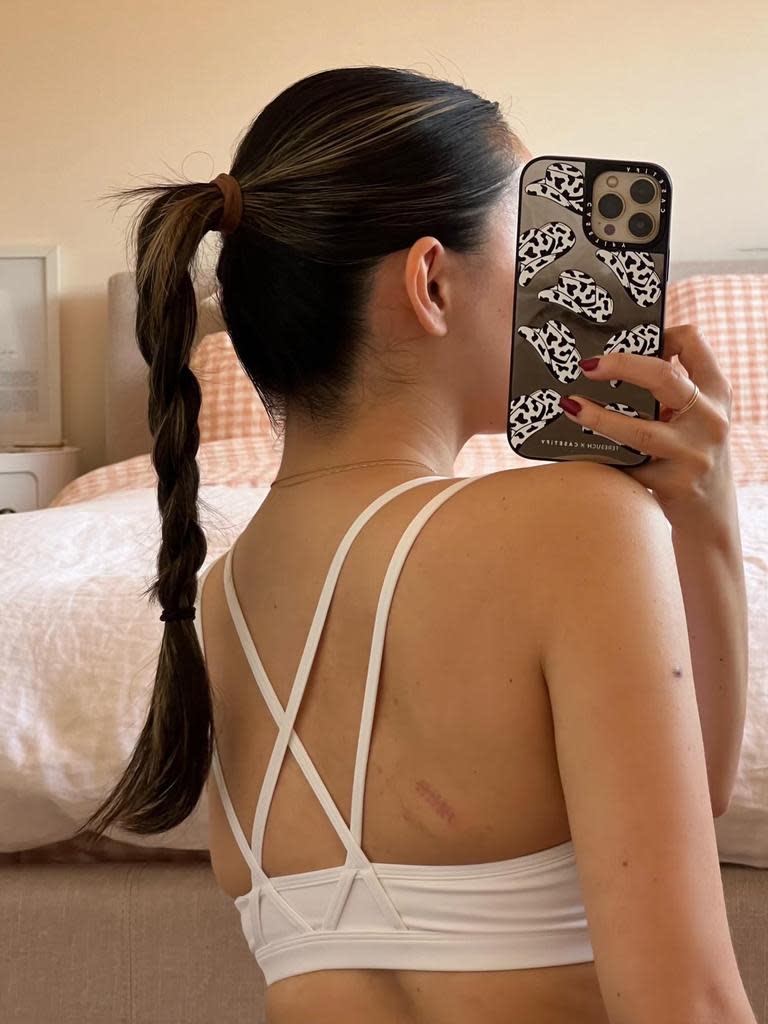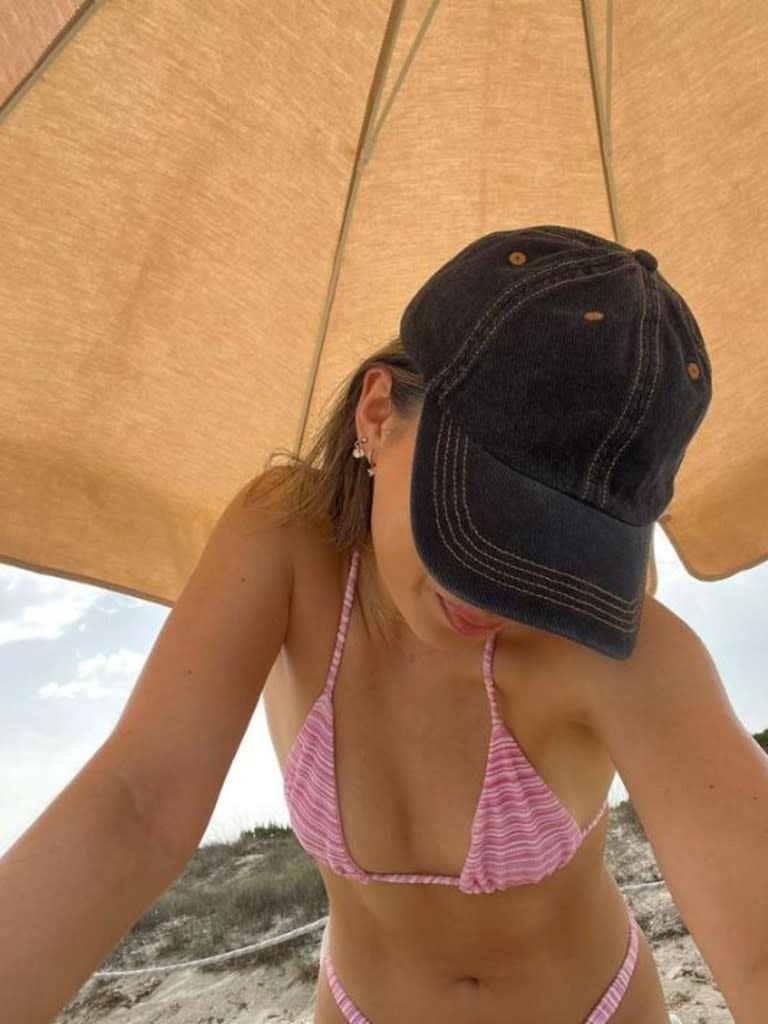Influencer’s plea after shock diagnosis

Sydney-based influencer Katrina Chan has issued an urgent plea to young Australians to get their skin checked, after receiving her own shock cancer diagnosis.
On the advice of a friend, Ms Chan went for her first skin check. She said the doctor “immediately” found a spot of concern, ordering her to come back for a second.
“My doctor said let’s just remove some of that skin and we’ll get tested,” Ms Chan said.
“I got a call two days before I went in to get my stitches removed and then he told me it was melanoma - I was completely shocked.”
The 30-year-old said she grew up wearing sunscreen but now realises, like many Australians, she never took it too seriously. She also held the misinformed belief her olive skin would help keep her safe from the harsh effects of the sun.
“I only started wearing sunscreen every single day on my face when I was about 25,” she said.


“But not so much on my body, I only really wore it on my body when I was directly in the sun,” Ms Chan said.
TikTok beauty influencers have popularised the daily use of facial SPF over the last two years, largely as a means to slow down premature ageing and hyperpigmentation of the skin from using harsh products like retinol.
About 70 per cent of people admit they forget to protect themselves from skin cancer and agree they should be self-checking their skin for early signs more frequently, according to new research from Australian life insurer TAL released on Monday.
The insurer’s annual national skin safety awareness program TAL SpotChecker launches this week ahead of record-breaking temperatures predicted this Summer.


She went back in for a second round of skin removals and thankfully, the results showed she was cancer free.
Ms Chan said she had not considered herself at as much risk because of the naturally olive-toned skin she inherited from her Mongolian grandfather.
“I actually got a lot of messages from people who are also Asian and were so shocked that an Asian person got cancer, especially because I do have darker skin than most Chinese people,” she said.
There are still one in five Australians who have never done a self-check of their skin, yet two in three will be diagnosed with some form of skin cancer by the age of 70, according to the Cancer Council of Australia.

TAL Health Services general manager Priya Chagan says there is a persistent disconnect between people’s skin safety intentions and their actions that often inhibits them from taking tangible steps to prevent or reduce the impact of skin cancer.
“This is concerning because even just a few instances of severe, unprotected sun exposure can have dire consequences for skin health outcomes,” she said.
“Many of us have become complacent around sun safety, so it is crucial that we practice positive habits to protect ourselves from the sun this summer including adequate sunscreen use, seeking shade where possible, and wearing protective clothing,” Dr Chagan said.
Ms Chan said the most confronting thing she learned during her health scare was the speed with which skin cancer can return after the first diagnosis.
“I was actually surprised to hear that your skin remembers your past experiences, so no matter how careful I am in future no matter how much sunscreen I wear, I could still get a melanoma sometime soon in the future,” she said.
A second melanoma can come on quickly and often more aggressively, so Ms Chan has been warned to be vigilant and get a check-up every three months for the immediate future.


